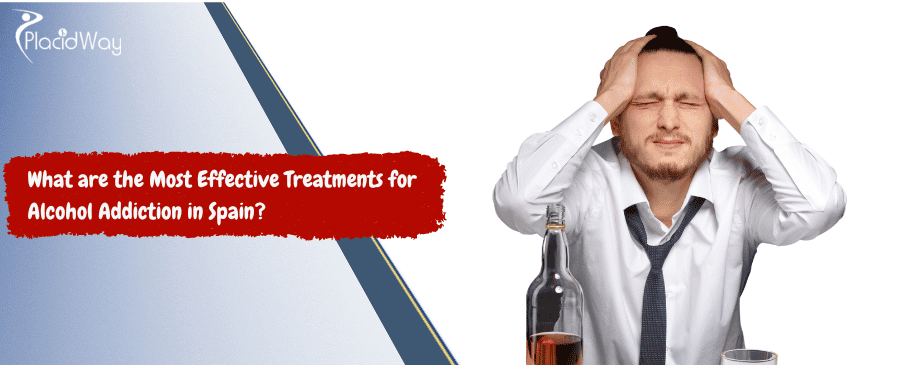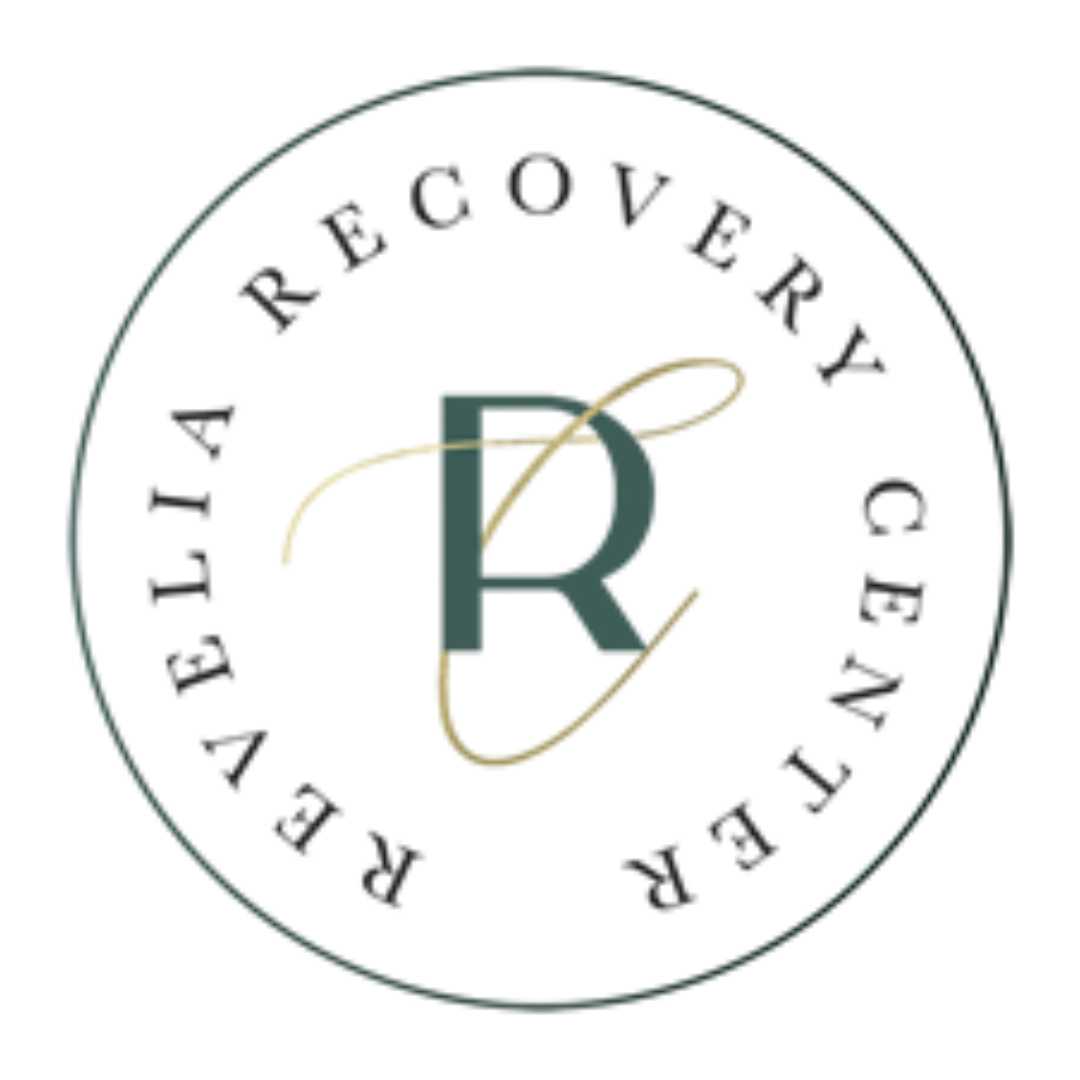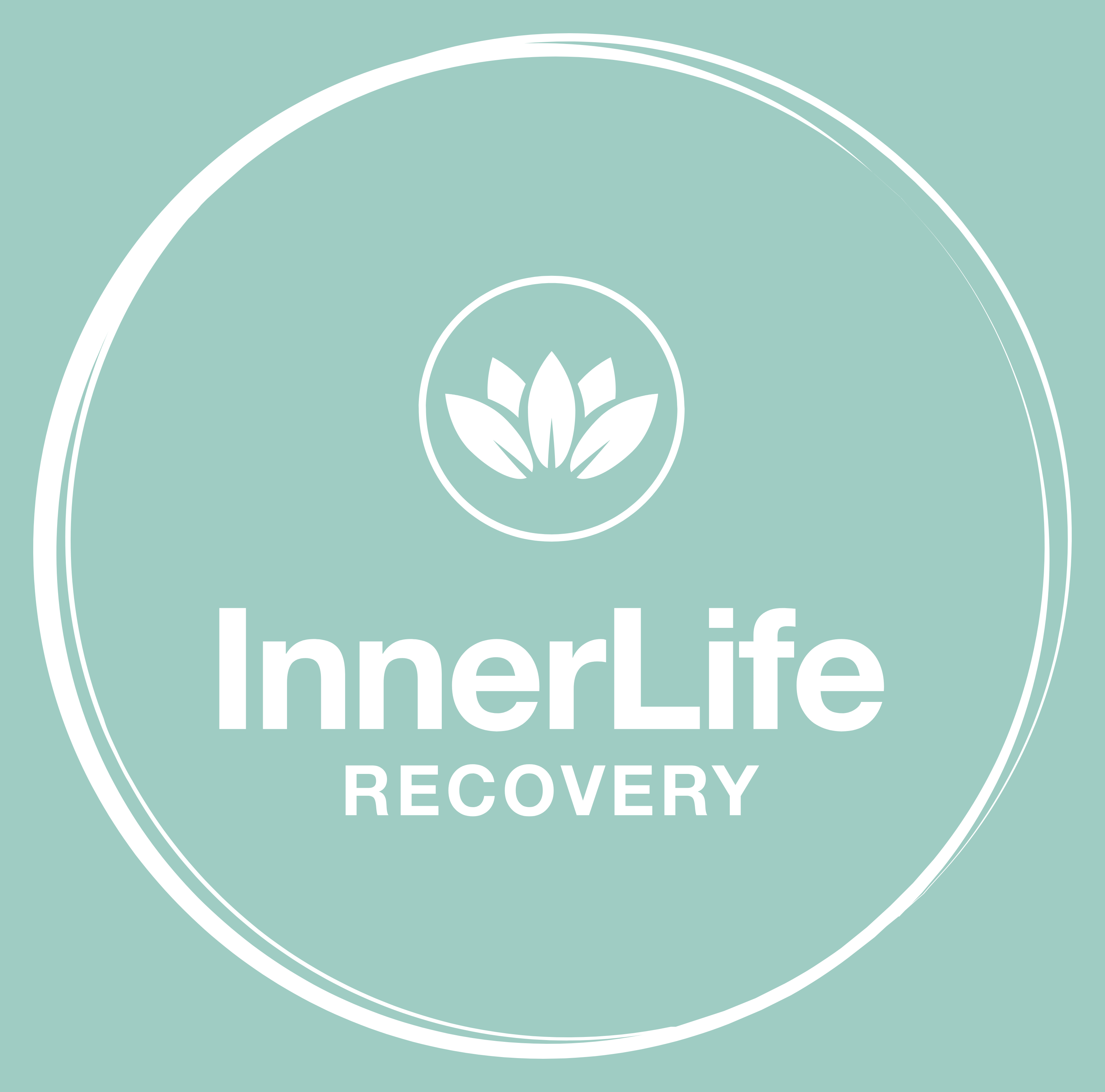Effective Alcohol Addiction Treatment in Spain: A Comprehensive Guide

Alcohol addiction, also known as alcohol use disorder (AUD), is a complex condition that can have significant impacts on an individual's physical and mental health, relationships, and overall well-being. Spain has developed a robust and diverse approach to addressing alcohol addiction, offering a range of effective treatments designed to support individuals on their path to recovery. These treatments often combine medical intervention with psychological therapies and holistic practices, providing a comprehensive strategy for overcoming dependence and maintaining long-term sobriety. This blog post will delve into the various effective alcohol addiction treatments available in Spain, addressing common questions and providing detailed insights to help individuals and their families make informed decisions about care.
What is the first step in alcohol addiction treatment in Spain?
"The first step in alcohol addiction treatment in Spain is typically a comprehensive medical and psychological assessment, followed by medically supervised detoxification to safely manage withdrawal symptoms."
The initial phase of any effective alcohol addiction treatment program is a thorough assessment. This involves medical professionals evaluating the individual's physical health, the severity of their alcohol dependence, and any co-occurring mental health conditions. A psychological assessment helps understand the underlying factors contributing to the addiction and identifies the most suitable therapeutic approaches. Following this, medically supervised detoxification is crucial. Alcohol withdrawal can be dangerous, leading to severe symptoms like seizures or delirium tremens. In Spain, many reputable clinics offer in-house detox programs where medical staff monitor and administer medications to ensure a safe and comfortable withdrawal process. This stabilization phase is essential before deeper therapeutic work can begin.
Are inpatient residential rehabs effective for alcohol addiction in Spain?
"Yes, inpatient residential rehabs in Spain are highly effective for alcohol addiction, providing a structured, supportive, and immersive environment conducive to comprehensive recovery."
Inpatient residential rehabs offer a concentrated and immersive treatment experience. Patients live at the facility, removing themselves from their usual environments, triggers, and stressors. This allows them to focus entirely on their recovery. In Spain, these programs typically offer 24/7 medical and therapeutic support, ensuring constant supervision and immediate intervention if needed, especially during the crucial detoxification period. The structured daily schedule, which includes individual and group therapy, educational workshops, and recreational activities, helps individuals build new routines and coping mechanisms away from external pressures. The community aspect, where individuals support each other through shared experiences, also plays a vital role in fostering a sense of belonging and reducing feelings of isolation.
What therapies are used in alcohol addiction treatment in Spain?
"Common and effective therapies used in alcohol addiction treatment in Spain include Cognitive Behavioral Therapy (CBT), Dialectical Behavior Therapy (DBT), Motivational Interviewing (MI), and 12-Step programs."
Cognitive Behavioral Therapy (CBT) is a cornerstone of alcohol addiction treatment. It helps individuals identify and change negative thought patterns and behaviors that contribute to their drinking. By learning to recognize triggers and develop healthy coping strategies, patients can prevent relapse. Dialectical Behavior Therapy (DBT), often used for individuals with co-occurring mental health issues, focuses on emotional regulation, distress tolerance, interpersonal effectiveness, and mindfulness. Motivational Interviewing (MI) is a client-centered approach that helps individuals explore and resolve their ambivalence about changing their drinking behavior, strengthening their motivation for recovery. Many programs in Spain also integrate 12-Step programs like Alcoholics Anonymous (AA) and Narcotics Anonymous (NA), providing a framework for ongoing support and spiritual growth. Beyond these, other therapies may include family therapy, art therapy, music therapy, and equine therapy, offering a holistic approach to healing.
How long do alcohol addiction treatment programs in Spain typically last?
"Alcohol addiction treatment programs in Spain can vary, with inpatient stays typically ranging from 30 to 90 days, and outpatient programs extending for several months to over a year."
The duration of alcohol addiction treatment depends on several factors, including the severity of the addiction, the individual's progress, and any co-occurring conditions. For inpatient residential programs, a common length of stay is 30 days, which allows for initial detox and intensive therapy. However, many individuals benefit from longer stays of 60 or 90 days, as this provides more time to solidify new behaviors and develop robust relapse prevention strategies. Outpatient programs, which offer more flexibility, can last for several months to more than a year, allowing individuals to gradually reintegrate into their daily lives while receiving ongoing support and therapy. The longer the engagement with treatment and aftercare, generally the higher the chances of sustained recovery.
What is the role of medication-assisted treatment (MAT) in alcohol addiction in Spain?
"Medication-assisted treatment (MAT) plays a significant role in alcohol addiction treatment in Spain, particularly during detoxification and for reducing cravings and preventing relapse using medications like Disulfiram, Naltrexone, and Acamprosate."
Medication-assisted treatment (MAT) combines medications with counseling and behavioral therapies to provide a "whole-patient" approach to alcohol addiction. During the detoxification phase, medications such as benzodiazepines are used to manage uncomfortable and potentially dangerous withdrawal symptoms. For long-term recovery, medications like Disulfiram (Antabuse) can create an unpleasant reaction when alcohol is consumed, discouraging drinking. Naltrexone can reduce alcohol cravings and block the pleasurable effects of alcohol, making it less rewarding to drink. Acamprosate can help individuals maintain abstinence by reducing post-acute withdrawal symptoms like anxiety and insomnia. These medications are prescribed and monitored by medical professionals as part of a comprehensive treatment plan, often in both inpatient and outpatient settings in Spain.
What are the costs of alcohol addiction treatment in Spain?
"The cost of alcohol addiction treatment in Spain varies widely, with inpatient residential programs ranging from €6,000 to €15,000 for a 30-day program, and luxury centers potentially exceeding €25,000 per month."
The cost of alcohol addiction treatment in Spain is influenced by several factors, including the type of facility (standard vs. luxury), the length of stay, the intensity of the program, and the specific services included. For a typical 30-day inpatient program, costs can range from €6,000 to €15,000. More exclusive or luxury rehab centers, which offer additional amenities, private accommodations, and highly personalized care, can cost upwards of €25,000 per month. Outpatient programs are generally less expensive, as they don't include accommodation or 24/7 care. It's important to inquire about what is included in the treatment package, such as medical detox, therapy sessions, accommodation, meals, and aftercare planning, when considering options.
Are there outpatient alcohol addiction treatment options in Spain?
"Yes, outpatient alcohol addiction treatment options in Spain are available, offering flexibility for individuals who do not require 24/7 supervision but still need structured support and therapy."
Outpatient treatment programs in Spain are suitable for individuals with less severe alcohol addiction or those who have completed an inpatient program and need continued support. These programs allow individuals to live at home while attending scheduled therapy sessions, group counseling, and educational workshops at a treatment facility. They can continue with their work, family responsibilities, and daily routines while actively engaging in recovery. Intensive Outpatient Programs (IOPs) and Partial Hospitalization Programs (PHPs) are two common forms of outpatient care. IOPs involve several hours of therapy a few days a week, while PHPs are more intensive, with patients attending treatment for most of the day but returning home in the evenings. These options provide a crucial bridge for individuals transitioning back into their lives with a solid foundation in sobriety.
What is the success rate of alcohol addiction treatment in Spain?
"The success rate for alcohol addiction treatment in Spain varies, with reputable clinics reporting success rates ranging from 60% to 80%, depending on the patient's commitment and the comprehensiveness of the program and aftercare."
Success rates in alcohol addiction treatment are complex to measure and depend on various factors, including the definition of "success" (e.g., abstinence, reduced use, improved quality of life). However, many alcohol addiction treatment centers in Spain report encouraging outcomes. Clinics often cite success rates between 60% and 80%, particularly for those who complete their recommended treatment plans and engage in long-term aftercare. Factors contributing to higher success rates include a personalized treatment approach, the integration of evidence-based therapies, addressing co-occurring mental health issues, family involvement, and a robust aftercare plan. Commitment from the individual to their recovery journey is also a critical determinant of success.
How do Spanish clinics address co-occurring mental health disorders alongside alcohol addiction?
"Spanish clinics often employ a dual diagnosis approach to effectively address co-occurring mental health disorders alongside alcohol addiction, treating both conditions simultaneously for comprehensive recovery."
It is common for individuals with alcohol addiction to also suffer from co-occurring mental health disorders such as depression, anxiety, trauma, or bipolar disorder. Reputable alcohol addiction treatment centers in Spain understand the importance of a dual diagnosis approach. This means that both the addiction and the mental health disorder are treated concurrently by a multidisciplinary team of specialists, including psychiatrists, psychologists, and addiction counselors. Treating only the addiction without addressing the underlying mental health issues can lead to relapse. By integrating therapies like CBT and DBT with psychiatric medication management and individual counseling for mental health, clinics in Spain provide a holistic and more effective path to lasting recovery.
What kind of aftercare and relapse prevention is available in Spain?
"Aftercare and relapse prevention programs in Spain typically include ongoing therapy sessions, participation in support groups like AA, alumni networks, and personalized relapse prevention plans to support long-term sobriety."
Recovery from alcohol addiction is a continuous journey, and effective aftercare and relapse prevention are crucial for maintaining long-term sobriety. In Spain, treatment centers emphasize developing a robust aftercare plan before individuals complete their initial program. This often includes continued individual or group therapy sessions, which can be done in an outpatient setting. Participation in support groups like Alcoholics Anonymous (AA) and other community-based groups provides a vital peer support network. Many clinics also offer alumni networks where former clients can connect and support each other. Personalized relapse prevention plans equip individuals with strategies to identify triggers, cope with cravings, and manage high-risk situations, providing them with the tools needed to navigate challenges outside of a structured treatment environment.
Are holistic therapies part of alcohol addiction treatment in Spain?
"Yes, many alcohol addiction treatment centers in Spain incorporate holistic therapies such as yoga, meditation, mindfulness, art therapy, and nature-based activities to complement traditional treatments, promoting overall well-being and a balanced recovery."
Holistic therapies focus on healing the mind, body, and spirit, recognizing that alcohol addiction affects an individual on multiple levels. In Spain, many treatment centers integrate a variety of holistic practices into their programs. These may include:
- Yoga and Meditation: To promote relaxation, reduce stress, and improve self-awareness.
- Mindfulness: To help individuals stay present and manage cravings and negative thoughts.
- Art and Music Therapy: To provide creative outlets for emotional expression and processing.
- Nutritional Counseling: To restore physical health and develop healthy eating habits.
- Fitness and Outdoor Activities: Many Spanish clinics leverage the country's climate and natural beauty, offering activities like hiking, cycling, and swimming to promote physical health and a renewed connection with nature.
These therapies complement traditional evidence-based treatments, contributing to a more comprehensive and sustainable recovery.
What role does family play in alcohol addiction treatment in Spain?
"Family involvement is often encouraged and can be a significant factor in successful alcohol addiction treatment in Spain, with many programs offering family therapy and educational sessions."
Alcohol addiction affects not only the individual but also their family. Recognizing this, many alcohol addiction treatment programs in Spain emphasize the importance of family involvement. Family therapy sessions can help address codependency, improve communication patterns, and heal strained relationships. Families can learn about the nature of addiction, how to provide healthy support, and how to set boundaries that promote recovery. Educational sessions for families can also help them understand the recovery process and prepare for the challenges of supporting a loved one post-treatment. A supportive and understanding family environment can significantly enhance an individual's chances of sustained sobriety and overall well-being.
Are there specialized alcohol addiction treatment programs for executives or high-profile individuals in Spain?
"Yes, Spain offers specialized and discreet alcohol addiction treatment programs for executives and high-profile individuals, providing tailored care that respects their privacy and professional obligations."
Recognizing the unique needs of professionals and public figures, some alcohol addiction treatment centers in Spain offer specialized programs for executives and high-profile individuals. These programs prioritize discretion and confidentiality, often featuring private accommodations, personalized one-on-one therapy, and flexible schedules to accommodate professional commitments where appropriate. The focus is on providing high-quality, intensive treatment in a luxurious and secluded environment that allows for complete focus on recovery without the pressures of public scrutiny. These centers understand the importance of integrating treatment with the demands of a high-pressure lifestyle, offering strategies for maintaining sobriety while resuming professional roles.
Can alcohol addiction treatment in Spain be tailored for international patients?
"Yes, many alcohol addiction treatment centers in Spain are highly experienced in catering to international patients, offering multilingual staff, assistance with travel logistics, and culturally sensitive care."
Spain has become a popular destination for medical tourism, and its alcohol addiction treatment centers are well-equipped to serve an international clientele. Many clinics have multilingual staff, particularly English-speaking therapists and medical professionals, to ensure effective communication. They often provide assistance with travel arrangements, airport transfers, and visa support, making the process smoother for those traveling from abroad. Furthermore, clinics are generally mindful of cultural differences and strive to provide culturally sensitive care, ensuring that international patients feel comfortable and understood throughout their treatment journey. This accessibility and adaptability make Spain an attractive option for individuals seeking alcohol addiction treatment outside their home country.
What defines a "luxury" alcohol rehab in Spain?
"A "luxury" alcohol rehab in Spain typically defines itself by offering private, high-end accommodations, gourmet dining, extensive amenities like spas and fitness centers, a high staff-to-client ratio, and a more individualized, bespoke treatment experience."
Luxury alcohol rehabs in Spain go beyond standard care, providing an elevated level of comfort, privacy, and personalized attention. These facilities often feature:
- Premium Accommodations: Private rooms or suites, often in beautiful, serene settings with scenic views.
- Gourmet Dining: High-quality, nutritious meals prepared by private chefs, often tailored to dietary needs.
- Extensive Amenities: Access to spas, swimming pools, fitness centers, meditation gardens, and other recreational facilities.
- High Staff-to-Client Ratio: Ensuring more individualized therapy sessions and constant support.
- Bespoke Treatment Plans: Highly customized programs that may incorporate a wider range of holistic and complementary therapies.
- Discreet and Confidential Environment: Emphasizing privacy and often located in secluded areas.
While more expensive, these luxury options cater to those seeking a highly comfortable, private, and comprehensive recovery experience.
What factors should I consider when choosing an alcohol addiction treatment center in Spain?
"When choosing an alcohol addiction treatment center in Spain, key factors to consider include accreditation and licensing, the types of therapies offered, the experience of the staff, the cost and insurance coverage, location, and the availability of aftercare planning."
Selecting the right alcohol addiction treatment center is a crucial decision. Here are essential factors to consider:
- Accreditation and Licensing: Ensure the facility is properly licensed and accredited by relevant health authorities, indicating adherence to quality standards.
- Treatment Approach: Research the types of therapies offered. Do they align with evidence-based practices and your personal preferences (e.g., CBT, holistic therapies, 12-Step)?
- Staff Qualifications: Inquire about the credentials and experience of the medical doctors, therapists, and counselors.
- Cost and Insurance: Understand the total cost of the program and whether your health insurance covers any portion of it.
- Location and Environment: Consider whether a serene, secluded environment or a more urban setting is best suited for your recovery journey.
- Aftercare and Relapse Prevention: A strong aftercare plan is vital for long-term sobriety. Ensure the center provides comprehensive support post-treatment.
- Dual Diagnosis Capabilities: If co-occurring mental health issues are present, confirm the center has expertise in treating both simultaneously.
- Patient Reviews and Testimonials: Reading feedback from former patients can provide valuable insights into the center's effectiveness and overall experience.
By carefully evaluating these factors, individuals can make an informed choice that best supports their path to lasting recovery.
Explore PlacidWay for solutions related to medical tourism, healthcare services, or other relevant offerings.


.png)





.png)








Share this listing